Developing A Nighttime Routine For A Better Night's Sleep
Most individuals have a morning routine designed to get them ready for the day ahead. This typically includes eating breakfast, drinking a cup of coffee or tea, getting dressed, brushing their teeth, and sometimes taking a shower. Unfortunately, many do not have a nighttime routine in place and simply put on their pajamas and fall asleep whenever they feel it is the right time. This is a mistake, as research indicates having an excellent nighttime routine is quite beneficial when it comes togetting a better night’s sleep. Stop tossing, turning, and waking up in the middle of the night by developing a nighttime routine now.
Turn Off Screens
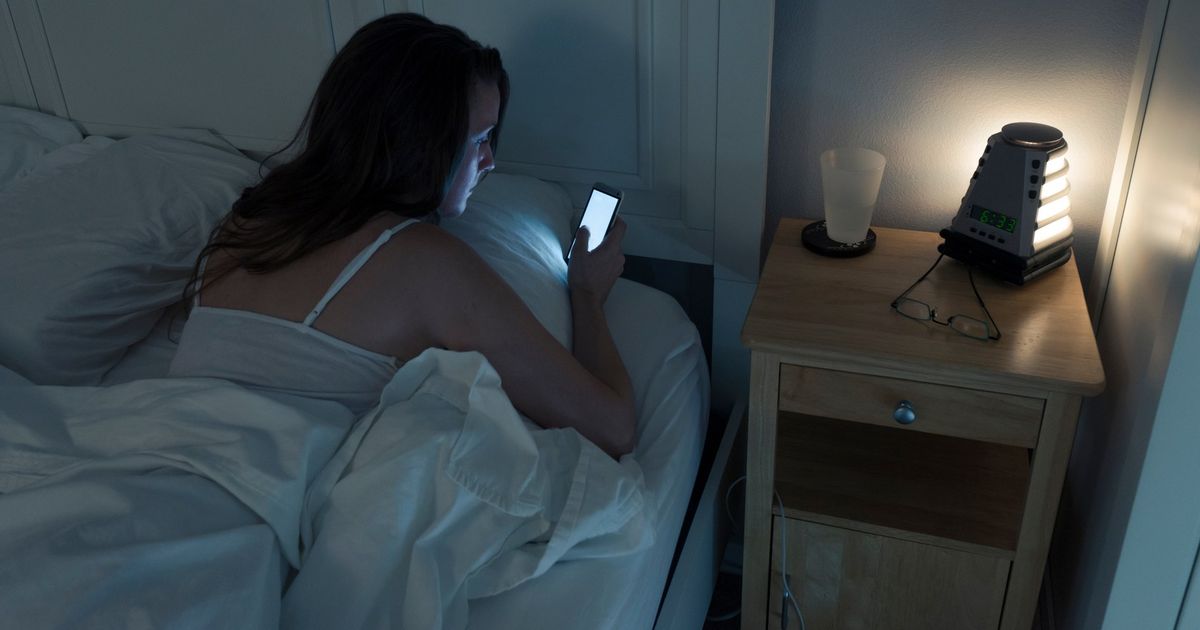
The vast majority of us love our electronic devices from smartphones and laptops to televisions. However, an abundance of research indicates using electronics and staring at screens before bed can significantly disrupt our sleep. The screens stimulate the brain, reduce the amount of sleep we get due to spending so much time on them, and cause stress due to checking emails from work and text messages. Furthermore, the blue light screens emit not only damages our eyes, but can also interfere with our internal body clock and reduce the quality of our sleep.
All of these are vital reasons why turning off all screens before bed is critical to falling asleep and getting a good, full night of rest. Reports indicate turning off screens at least an hour before turning in for the night is the most ideal for falling asleep, but be sure to eliminate electronics at least half an hour before if you are crunched for time.
Continue reading to learn how to build on this success and how developing a schedule for sleep comes into play.
Develop A Sleep Schedule
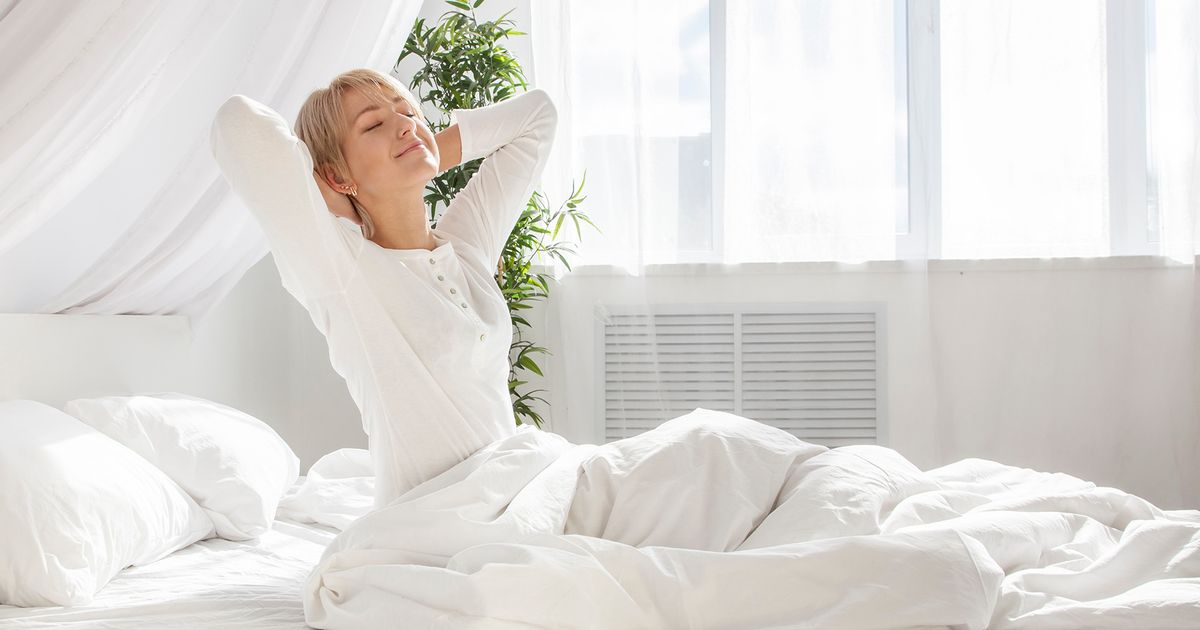
Everyone has an internal body clock, though most refer to it as an internal alarm. This is when the body naturally wants to wake up in the morning and when it starts to get tired at night. Developing a sleep schedule helps to regulate your internal alarm and ensure once you fall asleep at night, you remain asleep until you need to get out of bed the next morning.
Most individuals with a full-time job with regular hours need to be awake at roughly 7:00 AM, so they have enough time to get ready in the morning. Since the average person needs about eight hours of sleep each night, this means they would need to be in bed no later than 11:00 PM, but ideally earlier, since most do not fall asleep as soon as their head hits the pillow. Developing a sleep schedule means always going to bed at the same time each night and waking up at the same time in the morning. Your body will get used to the routine and will often start waking you up before the morning alarm goes off after a little while. Varying from this routine causes sleep disruptions since the body isn’t used to the routine, which is comparable to what individuals experience with jet lag. Thus, figure out the average time you need to be awake in the morning and schedule your sleep around that.
Continue reading to learn how to relax the mind for a better night of sleep.
Relax The Mind
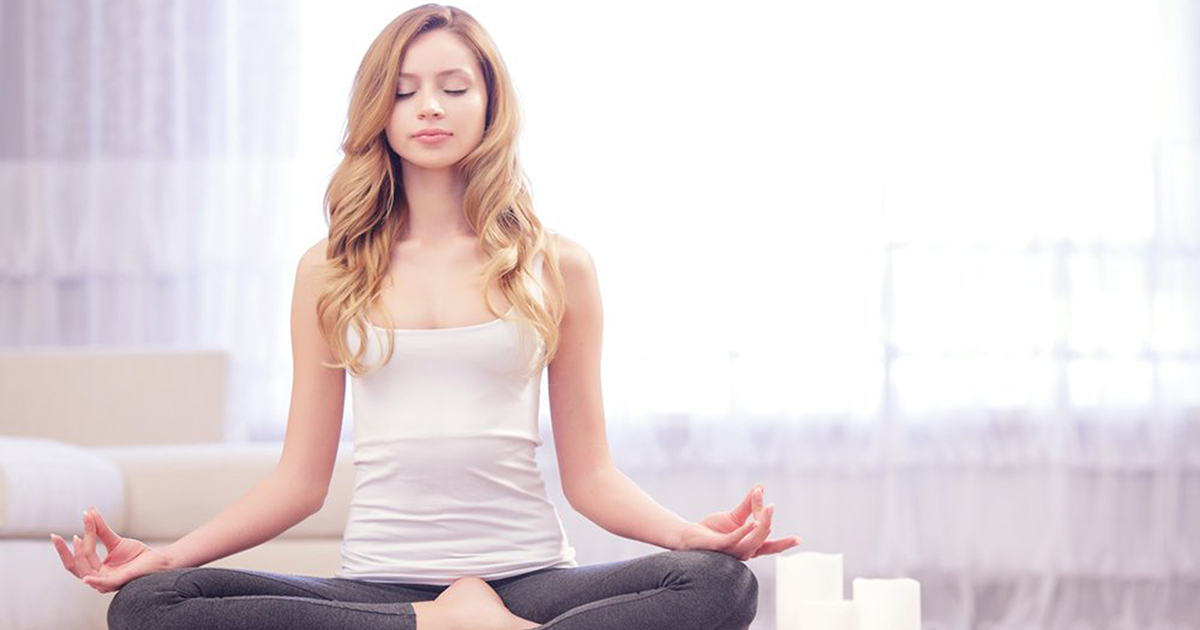
Life is full of so many things to do, people to see, and moments to experience. Stress is inevitable, though certain amounts of stress can be helpful in getting things done. However, the busyness and stress of life get in the way of a good night’s sleep for many individuals. The good news, however, is there is no reason to put up with this every night. Simple relaxation exercises before heading to bed at night work wonders in quieting the mind. These relaxation exercises might look slightly different for everyone, but traditional and popular examples include restorative yoga, meditation, a warm bath, a hot cup of herbal tea, and even reading a few pages of a good book. Choose a relaxing activity or two that works for you and be sure to engage in it every night in the last twenty minutes before it is time to crawl under the covers.
Continue reading to learn how the timing of caffeine affects sleep.
Avoid Caffeine Late In The Day
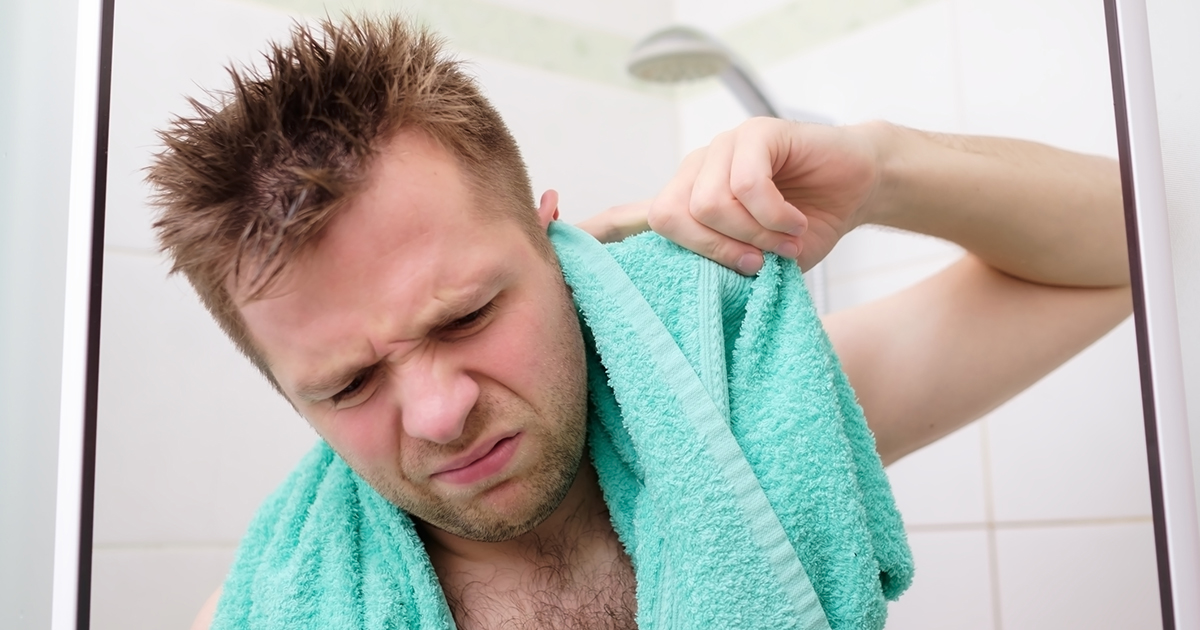
Just about everyone drinks something with caffeine in it, such as coffee, certain kinds of tea, and even some sodas. While these beverages are delicious and great for boosting energy in the morning and for the bulk of the day, they are one of the enemies of sleep. For a better night’s sleep, it is best to avoid consuming caffeine late in the day. The exact timing of when you should stop drinking caffeine will vary based on when you need to go to sleep, but a good estimate most individuals can use is four to six hours before sleep. Alternatively, some simply say they will not have anything with caffeine once they get home from work or after they finish eating dinner.
Reach for water or herbal tea instead of coffee or black tea! If you cannot avoid caffeine altogether, at least limit the caffeine you consume. Reach for green tea instead of black tea, or drink hot chocolate instead of coffee. Sometimes gradually transitioning to a caffeine-free evening is the best choice for those who find their lives revolve around caffeine.
Continue reading to learn how to treat the clock when trying to get a good night’s sleep.
Do Not Watch The Clock
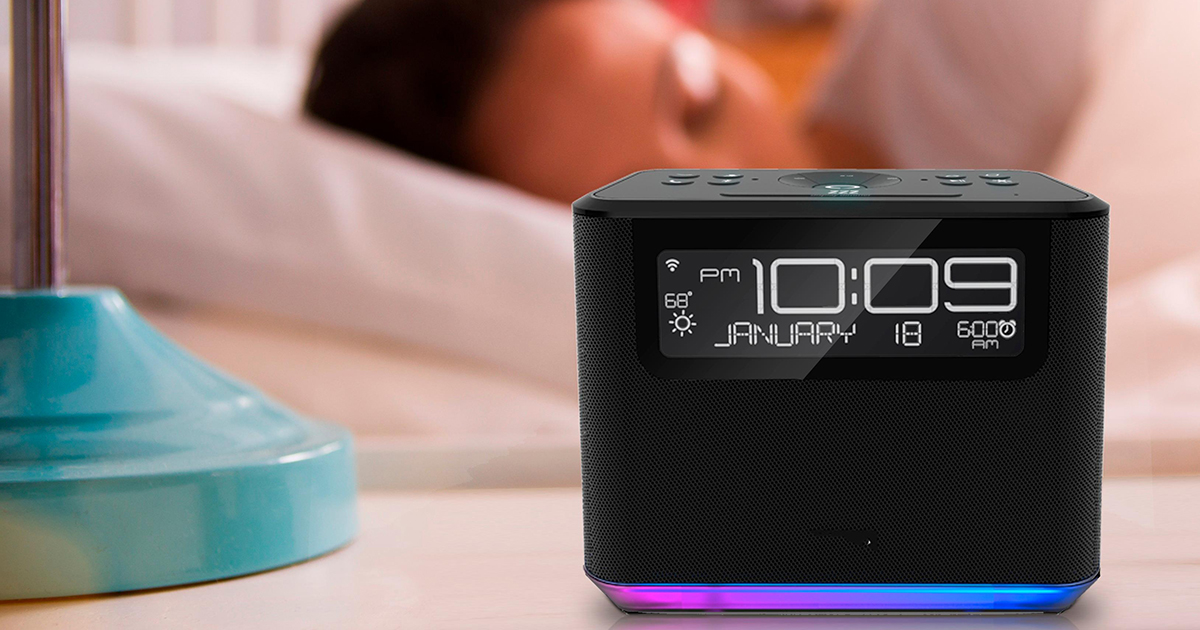
Have you ever rolled over at night to check what time it is when you are struggling to fall asleep or when you wake up in the middle of the night? Just about everyone has done this at least once, though most do it almost every time they cannot fall asleep. But it may surprise some to know checking the clock does nothing to promote sleep. It can make it even harder for someone to fall asleep!
Instead, do not look at the time once you crawl into bed. If this is challenging, turn your alarm clock so that it faces away from you or your smartphone over so the screen faces down. You can even put your smartphone across the room to avoid looking at it! Not knowing the time reduces the stress and frustration many feel by realizing how much time has passed or has not passed since they got into bed and closed their eyes. In the case of the smartphone, it also prevents blue light from disrupting your internal body clock.
Continue reading to learn what everyone should do for a good night’s sleep when sleep seems evasive.
Get Up When Sleep Is Evasive
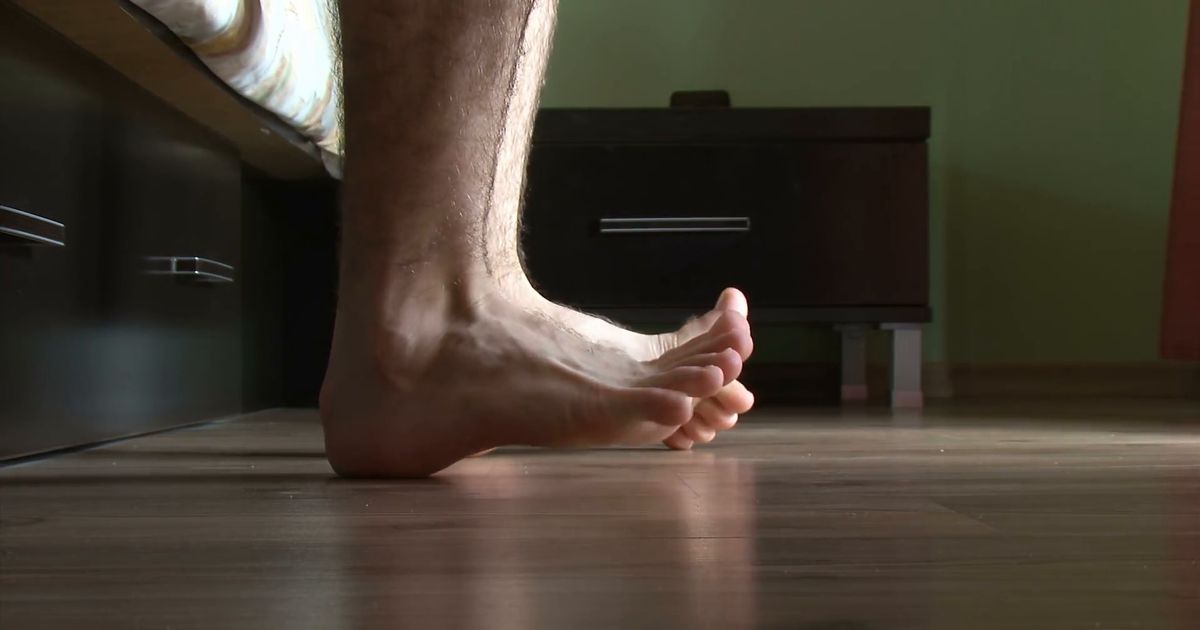
Despite our best efforts, there will be nights when sleep is incredibly evasive. Most of the time, the inability to sleep is because of stress or the body not being ready, and lying awake in bed does no one any good whatsoever. Thus, whenever this happens to you, the best thing you can do is get back up and go to another room and repeat parts of your nighttime routine, such as the relaxing activity you chose. Try this for approximately fifteen to twenty minutes before heading back to bed. If sleep remains evasive, chances are you are trying to go to sleep too early and need to be awake for longer. Regardless, get back out of bed again and do something in another room for a little while before trying to fall asleep again.
Continue reading to learn how the morning plays into a good night’s sleep.
Prepare For The Morning

What do you need to get your morning started? What must you remember to do? Making your mornings easier by preparing for them the night before helps dramatically reduce worry and stress, which subsequently helps you fall asleep. Lay out your outfit, pack your lunch, and write down anything you need to remember to do before leaving the house in the morning, such as specific emails to answer, to take out the garbage, or to empty the dishwasher. This way you do not have to remind yourself of these things as you lay in bed and unconsciously prolong the time it takes to fall asleep. Everything will either be ready already or will be written down on paper for you to look at when you wake up. In any case, it will be out of your head.
Developing a nighttime routine using this advice is key to obtaining a better night’s sleep. Gone are the days of feeling exhausted when you have just woken up!
